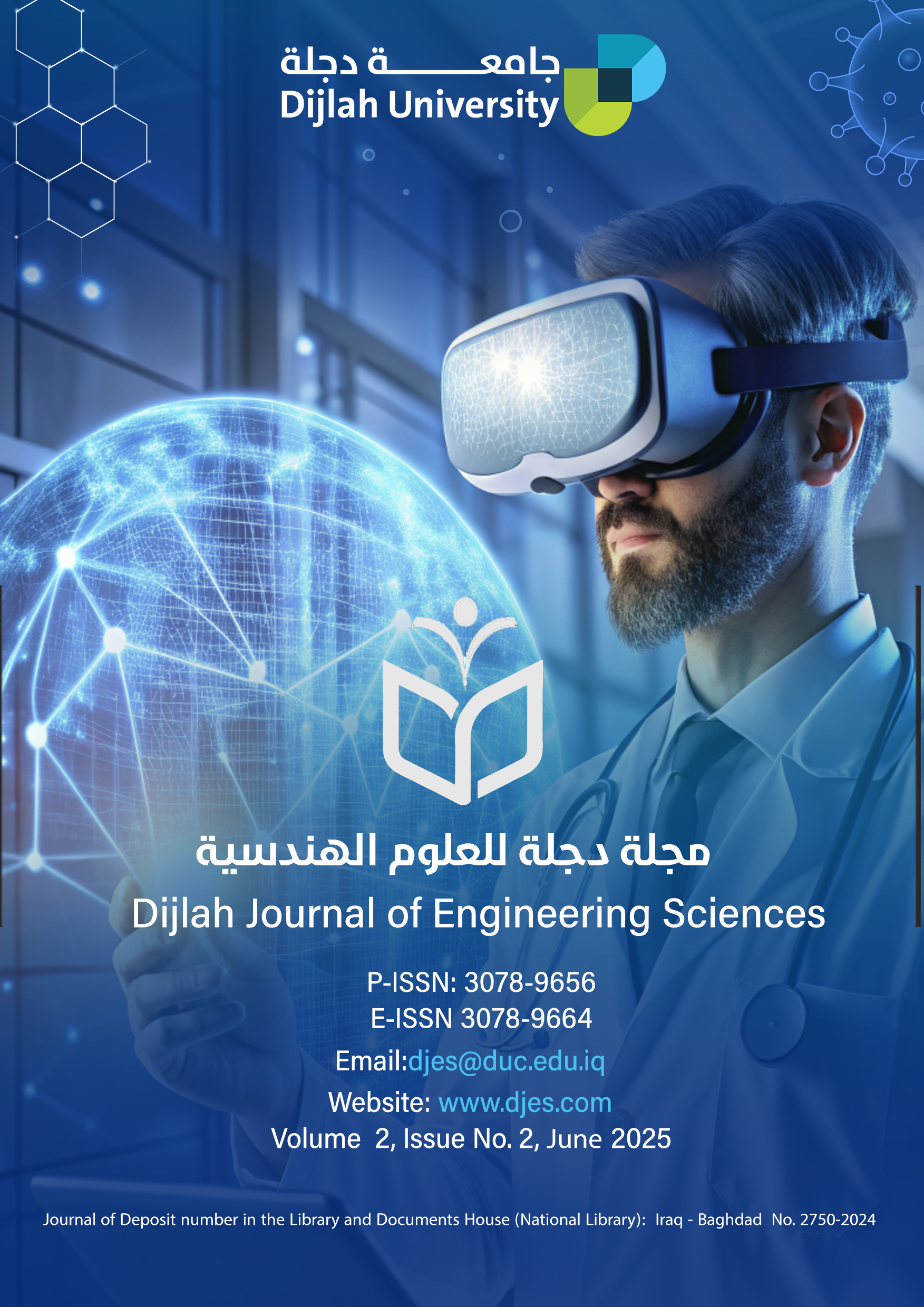Abstract
This study addresses the critical issue of risk management in infrastructure
projects within developing countries, where traditional global frameworks
often fall short of addressing local challenges. A significant research gap
exists due to the lack of tailored frameworks that consider the specific
political, financial, environmental, and technical risks inherent in these
contexts and to bridge this gap, a mixed-methods approach was employed,
incorporating case studies, semi-structured interviews, and thematic analysis
to capture insights from projects in Nigeria, Nepal, and Bangladesh and the
resulting framework integrates local context evaluation, cost-benefit-based
risk prioritization, and active stakeholder engagement, demonstrating robust
applicability in mitigating both immediate and long-term risks and the study
makes a dual contribution: it offers practical recommendations for enhancing
project sustainability and provides theoretical insights that advance the field
of risk management. Future research directions include broadening the
study’s geographical and sectoral coverage and incorporating quantitative
methods, such as artificial intelligence-based risk modeling, to further
optimize risk assessment and decision-making processes.
projects within developing countries, where traditional global frameworks
often fall short of addressing local challenges. A significant research gap
exists due to the lack of tailored frameworks that consider the specific
political, financial, environmental, and technical risks inherent in these
contexts and to bridge this gap, a mixed-methods approach was employed,
incorporating case studies, semi-structured interviews, and thematic analysis
to capture insights from projects in Nigeria, Nepal, and Bangladesh and the
resulting framework integrates local context evaluation, cost-benefit-based
risk prioritization, and active stakeholder engagement, demonstrating robust
applicability in mitigating both immediate and long-term risks and the study
makes a dual contribution: it offers practical recommendations for enhancing
project sustainability and provides theoretical insights that advance the field
of risk management. Future research directions include broadening the
study’s geographical and sectoral coverage and incorporating quantitative
methods, such as artificial intelligence-based risk modeling, to further
optimize risk assessment and decision-making processes.
Keywords
Risk Management Infrastructure Projects Developing Countries Localized Frameworks Socio-Economic Challenges
